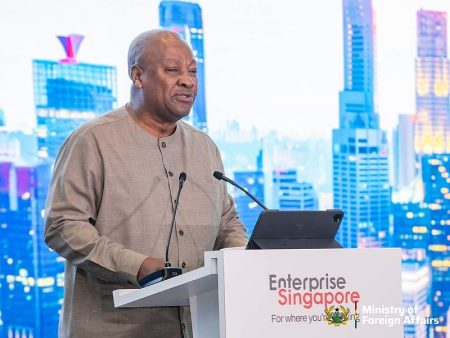The Nigerian Electricity Regulatory Commission (NERC) has issued a decisive order aimed at curbing the persistent instability plaguing the national grid. This mandate compels all electricity generation companies (GenCos) connected to the grid to implement Free Governor Control (FGC) across their generating units. FGC is a crucial mechanism that allows generators to automatically adjust their output in response to grid frequency fluctuations, thereby contributing to overall grid stability. Non-compliance with this directive will result in severe penalties, culminating in disconnection from the grid for persistent offenders. This order, effective September 1, 2025, underscores the government’s commitment to enhancing grid reliability and enforcing adherence to the Grid Code.
The rationale behind this directive stems from the recurring grid disturbances that have plagued Nigeria’s power supply. NERC attributes these incidents, including full and partial system failures, to GenCos’ non-compliance with the Grid Code, particularly regarding the activation of FGC. The implementation of FGC is viewed as a vital step towards stabilizing the grid by enabling generators to rapidly respond to frequency deviations and maintain a consistent power supply. The order mandates that all grid-connected GenCos install and activate fast-acting FGC in all generating units by November 30, 2025, ensuring continuous operation without any time delays.
To ensure transparency and effective monitoring of FGC implementation, the order stipulates the installation of advanced metering systems. Each GenCo is required to procure and supply Grade Level 5 metering systems with Internet of Things (IoT) based monitoring capabilities for every generating unit. These meters will provide real-time data on critical parameters such as active power, reactive power, power factor, generator terminal voltage, and frequency. The Nigerian Independent System Operator (NISO) is tasked with installing and integrating these metering systems, providing real-time monitoring, and enforcing strict compliance with FGC operation across all generating units.
NERC’s mandate includes a tiered penalty system to ensure compliance. GenCos failing to implement FGC by the stipulated deadline will face a penalty of 10% of the invoice associated with the defaulting generating unit for the duration of non-compliance. This penalty will be prorated based on the duration of non-compliance. Furthermore, generating units exhibiting 90 consecutive days of FGC non-compliance will face disconnection from the grid, with reconnection contingent upon NISO certification of full compliance with the Grid Code requirements. This stringent approach emphasizes the seriousness with which the regulatory body views the implementation of FGC.
The NISO plays a crucial role in enforcing the FGC mandate. They are responsible for monitoring real-time data from the IoT meters, ensuring accurate tracking and validation of generating unit performance, and maintaining hourly compliance reports on FGC operation. Furthermore, the NISO will compile and submit monthly reports to the commission on the overall compliance status. The NISO is also responsible for determining non-compliance, implementing penalties on invoices and settlements of defaulting GenCos, and managing the billing, payment processing, and dispute resolution associated with these penalties.
This comprehensive approach by NERC aims to address the root causes of grid instability by enforcing the adoption of FGC across all generating units. The stringent monitoring mechanisms, coupled with a robust penalty system, are designed to incentivize compliance and ensure the long-term stability of Nigeria’s national grid. The mandate underscores the government’s commitment to enhancing power generation reliability and providing a consistent electricity supply to consumers. The ultimate goal is to minimize the risk of system disturbances, promote stable grid operations, and enhance the overall efficiency of the Nigerian electricity supply network.














